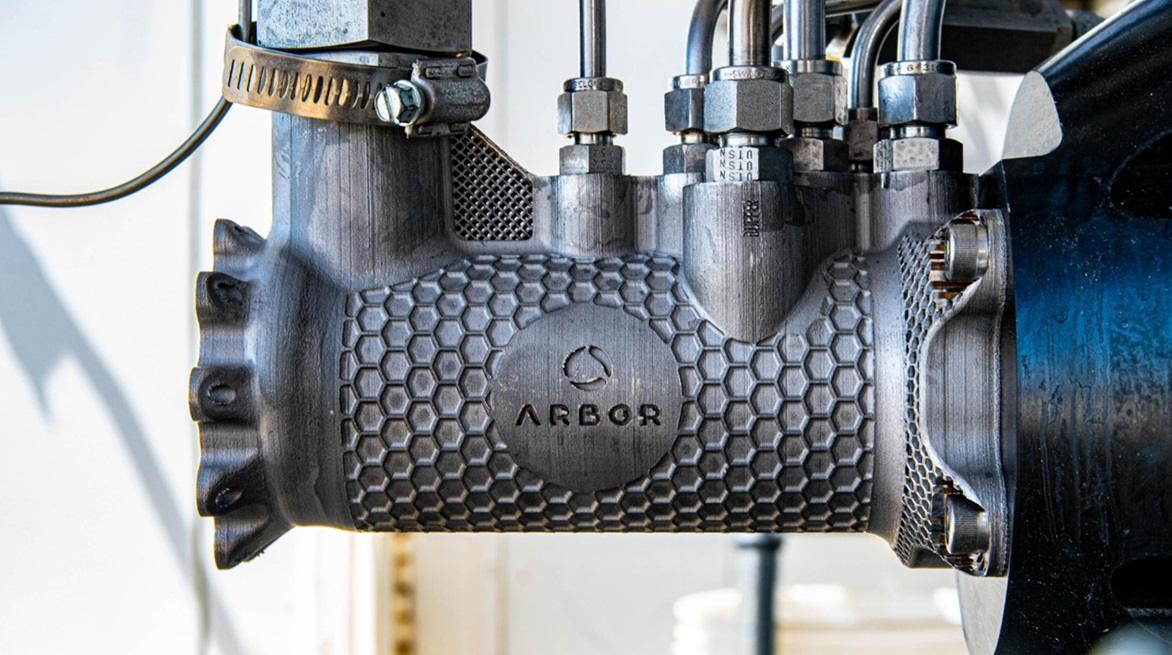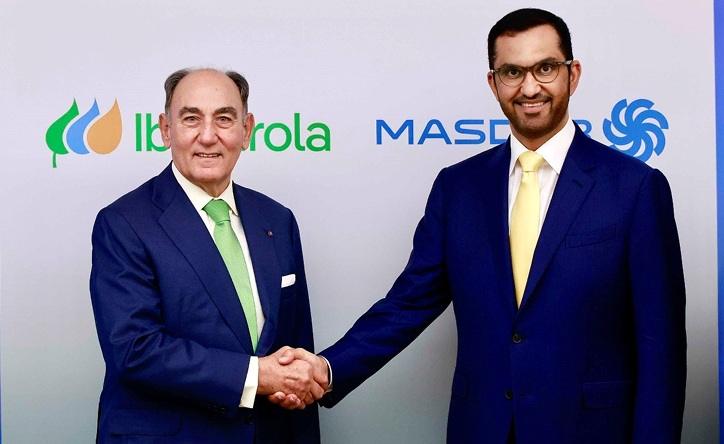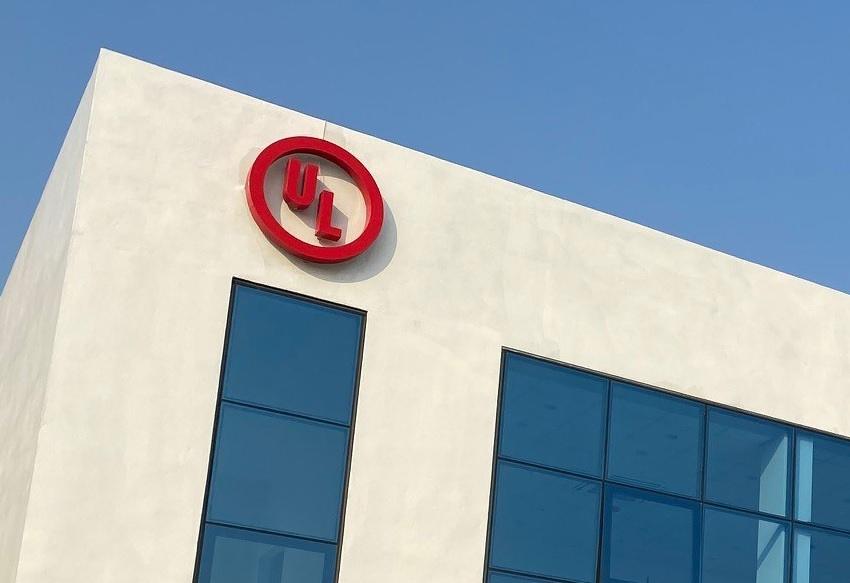IKEA Invests $1.6 Billion to Decarbonize Heating and Cooling of Stores
IKEA parent INGKA Group announced that it is committing €1.5 billion (USD$1.6 billion) towards the acceleration of the phasing out of the use of fossil fuels for heating and cooling its stores, with investments in energy efficiency improvements and renewable heating and cooling technology.
According to INGKA Group, the new investments will contribute towards the company’s target to reduce its climate footprint from operations by 85% by 2030, and forms part of its commitment to decarbonize its operations and value chain.
Heating and cooling are the largest drivers of the company’s Scope 1 and 2, or “own operations” emissions. In its most recent sustainability report, INGKA Group said that it was not yet on track towards its goal of achieving renewable heating and cooling systems in 100% of its buildings by 2030, adding that the company has developed action plans to close the gap and speed up progress.
Karen Pflug, Chief Sustainability Officer at Ingka Group, said:
“Transitioning to renewable heating and cooling is a vital enabler on our decarbonisation journey; however, it’s a complex and costly process. This investment means we can progress further and faster with our plans – and we know it will pay off in the long term.”
The announcement comes in addition to a €7.5 billion commitment by INGKA Group last year to invest in off-site renewable energy production and technologies, with the company reporting that it has already invested and committed more than €4 billion in off-site renewable energy.
The new investment will be used to accelerate the retrofitting of IKEA units with energy efficiency upgrades and renewable heating and cooling. The company noted that work is currently underway to retrofit 150 existing properties, and that all new units will be built with renewable heating and cooling.
Ingka Group CEO Jesper Brodin said:
“The future of energy must be renewable, and this additional investment will enable us to reduce our carbon emissions, increase efficiency and lower costs in the long term. It’s also good for business – a win-win.”





